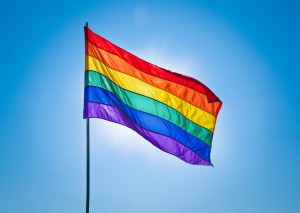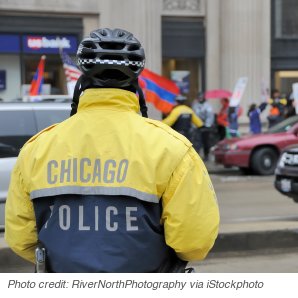 HT to Professor Peter Martin who posts in his blog, Citing Legally, the news that, as of January 1, 2014, “sixty years after the Oklahoma Supreme Court designated the West Publishing Company as the ‘official publisher’ of its decisions, it [has] revoked that designation.” Going forward, the electronic versions of Oklahoma appellate court decisions rendered after January 1st and posted on the State’s Court Network are now deemed “official.” Read more of Professor Martin’s post here. Way to go Oklahoma — You’re O-K!
HT to Professor Peter Martin who posts in his blog, Citing Legally, the news that, as of January 1, 2014, “sixty years after the Oklahoma Supreme Court designated the West Publishing Company as the ‘official publisher’ of its decisions, it [has] revoked that designation.” Going forward, the electronic versions of Oklahoma appellate court decisions rendered after January 1st and posted on the State’s Court Network are now deemed “official.” Read more of Professor Martin’s post here. Way to go Oklahoma — You’re O-K!
Articles Posted in State
 The Missouri Supreme Court, sitting en banc, issued a decision yesterday that, on its face, seems like a defeat for proponents of same-sex marriage in that state. In Glossip v. Missouri Department of Transportation and Highway Patrol Employees’ Retirement System, the state’s highest court upheld a state statute that requires a person be married to a highway patrol employee in order to receive benefits after the employee’s death. Although the Missouri constitution prohibits recognition of same-sex marriages, the plaintiff did not challenge that provision (so the court did not rule on that).
The Missouri Supreme Court, sitting en banc, issued a decision yesterday that, on its face, seems like a defeat for proponents of same-sex marriage in that state. In Glossip v. Missouri Department of Transportation and Highway Patrol Employees’ Retirement System, the state’s highest court upheld a state statute that requires a person be married to a highway patrol employee in order to receive benefits after the employee’s death. Although the Missouri constitution prohibits recognition of same-sex marriages, the plaintiff did not challenge that provision (so the court did not rule on that).
The facts of the case are fairly straightforward. Dennis Engelhard and Kelly Glossip, both men, were in a domestic partnership and “held [themselves] out to [their] families and [their] community as a couple in a committed, marital relationship.” Engelhard was a state highway patrolman and was killed in the line of duty. Glossip applied for survivor benefits, and his application was denied because the relevant state law allows benefits only for a surviving “spouse.” After his application was rejected, Glossip filed this lawsuit challenging the state statute restricting survivor benefits based on marital status, as well as the statute defining marriage as between one man and one woman. Importantly, Glossip did not challenge the state’s constitutional provision prohibiting recognition of same-sex marriages.
 A 1961 Illinois eavesdropping law “likely violates the First Amendment’s free speech-speech and free-press guarantees,” a federal appeals court ruled.
A 1961 Illinois eavesdropping law “likely violates the First Amendment’s free speech-speech and free-press guarantees,” a federal appeals court ruled.
The 69-page decision by the U.S. Court of Appeals for the Seventh Circuit blocks enforcement of an Illinois criminal law that made it a felony to make audio recordings of Chicago police without receiving their consent.
What prompted the lawsuit?
